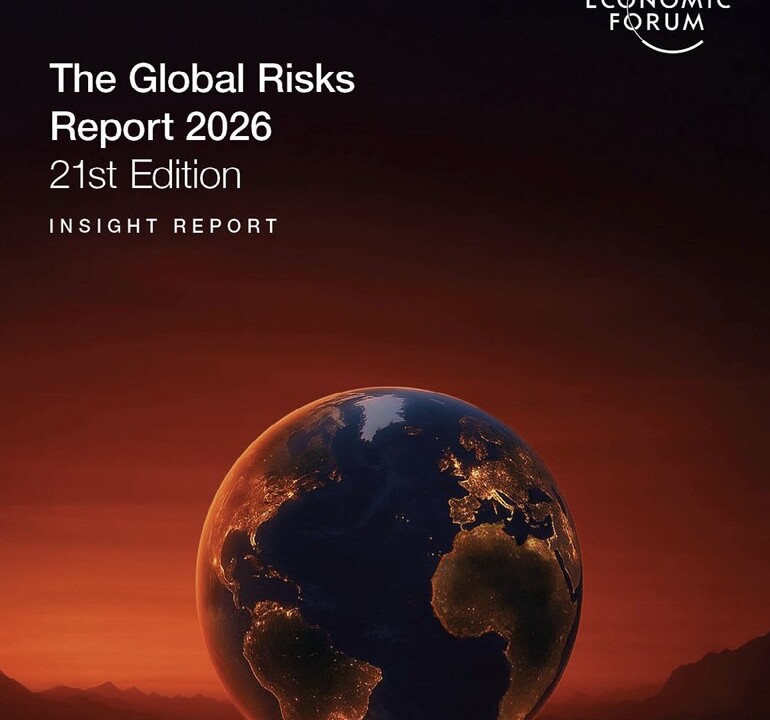
From the “Crow’s Nest:” Internal Auditors Have the Best View of the Enterprise
June 30, 2025
5 Potential Risks in the Coming Year That No One Is Talking About
July 16, 2025Each July 4th, Americans come together to celebrate their nation’s Independence Day — a time for reflection, celebration, and patriotic pride. But America is far from alone. More than 150 nations commemorate their own independence days each year, and at least 17 of them — from Canada to South Sudan — do so in July.
While the fireworks and festivities differ from country to country, one truth resonates universally: Independence is a cherished human value. It symbolizes self-determination, autonomy, and the right to chart one’s own course.
As internal auditors, we should feel a profound connection to this ideal. Independence isn’t just a principle we value as citizens — it is a cornerstone of our profession.
A Unique Kind of Independence
In the world of internal auditing, “independence” is more than a symbolic ideal. It is foundational. The IIA defines the purpose of internal audit as strengthening “the organization’s ability to create, protect, and sustain value by providing the board and management with independent, risk-based, and objective assurance, advice, insight and foresight.”
Yet, true independence — in its purest form — is elusive. No internal audit function is entirely autonomous. We operate within the organizations we serve. We are hired, evaluated, and often compensated by the very management whose operations we assess. The chief audit executive may report functionally to the board, but management still plays a role in defining the parameters of our work.
Does that mean we aren’t independent? Not at all. It means that we must pursue independence as a professional construct — one that is rooted in our organizational alignment, access, and credibility. Independence in internal audit is not about severing ties. It’s about ensuring we are free from undue influence and empowered to tell the truth — even when it’s uncomfortable.
Independence vs. Freedom vs. Objectivity
It’s tempting to equate independence with liberty or personal freedom. But in practice, these are distinct concepts. Liberty is the power to act according to one’s own will. Independence, for internal auditors, is the structural and functional position that allows us to carry out our duties without interference.
Even more critical is the concept of objectivity — the unflinching ability to assess facts without bias, emotion, or personal interest. Objectivity is a state of mind. It cannot be granted by an org chart or guaranteed by a reporting line. It must be safeguarded every day by individual auditors — through professionalism, courage, and ethical resilience.
Independence and objectivity are symbiotic. When internal audit is organizationally independent, it is more likely to attract and retain professionals who embody objectivity. And when auditors consistently exhibit objectivity, they reinforce the credibility and independence of the function.
Why It Matters More Than Ever
The case for internal audit’s independence has never been more urgent. Today’s organizations are navigating unprecedented levels of risk: cyber threats, geopolitical shocks, ESG scrutiny, AI disruption, and regulatory volatility. In such a world, internal audit’s value lies not just in hindsight or oversight — but in insight and foresight.
Boards and executive leadership are increasingly turning to internal audit for strategic assurance and bold advisory guidance. But to meet these expectations, we must earn — and maintain — their trust. And that trust begins with independence.
If we are perceived as simply echoing management’s views, our credibility erodes. If we shy away from hard truths, our value diminishes. But when we stand as a voice of reason, grounded in facts and unafraid of transparency, we fulfill the true promise of our profession.
A Global Commitment
Around the world, internal auditors are rising to this challenge. Whether in emerging economies or global financial centers, practitioners are asserting their independence and making a difference. The IIA remains steadfast in supporting this cause — offering guidance, tools, and advocacy to help audit functions in every corner of the globe secure the independence they need.
So, as we reflect on the meaning of Independence Day — whether it falls on July 4th or any other date — let’s also reaffirm our commitment to independence within our profession. Let’s honor the principle that empowers us to serve the public interest, challenge the status quo, and shine light into the darkest corners of risk.
For internal audit, the sun should never set on independence.
As always, I welcome your thoughts.






I welcome your comments via LinkedIn or Twitter (@rfchambers).